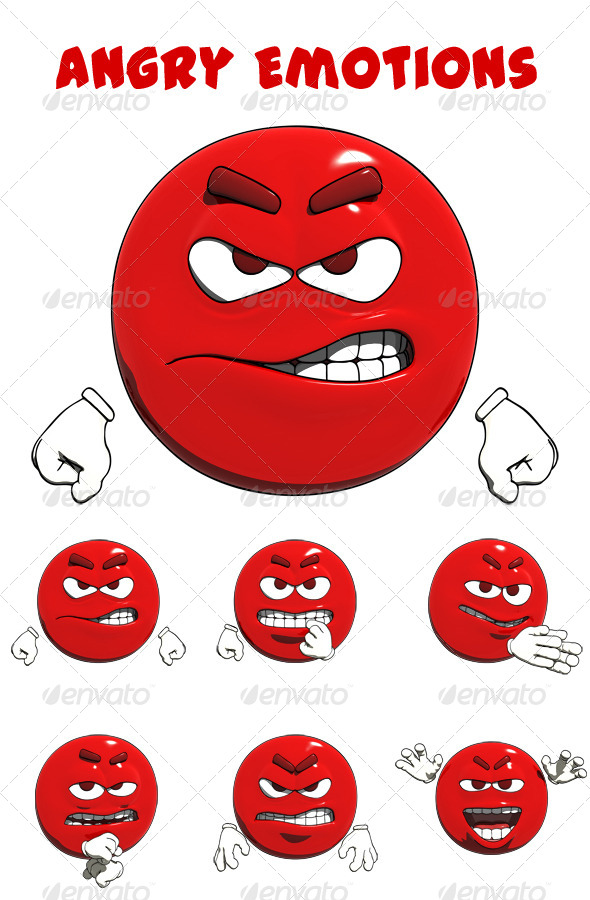

Anger is a high-energy emotion, and we store that energy and tension physically in our bodies. Sometimes it feels better to pretend to talk directly to the person (or situation) that you’re angry at – pick an empty chair, pretend they’re sitting in it, and say what you need to get off your chest. You can open up to a trusted friend or write it all down in a journal. As long as you don’t focus on it for too long, venting can be a healthy outlet for your anger. Keeping your feelings bottled up never works, so allow yourself time to be angry and complain. Go to another room or step outside for a few minutes of fresh air to help disrupt the track that your mind is on. Whether you’re mad at someone in the same room as you or just angry at the world, sometimes physically relocating yourself can help you start to calm down. By giving yourself even just a few seconds before reacting, you can put some emotional distance between you and whatever is upsetting you – and you might even realize that you’re actually tense because of something else.Ĭhange your surroundings. When you feel yourself getting mad, take a moment to notice what you’re thinking, then take a few deep breaths or count to ten in your head. One poll found that 91% of respondents said that they feel people are more likely to express their anger on social media than they are face-to-face.Of people who took a bipolar screen at in 2020, 82% reported being so irritable that they shouted at people or started ÿghts or arguments.Of people who took an anxiety screen at in 2020, 71% felt easily annoyed or irritable at least half of the time or nearly every day.Taking some extra steps to decrease your overall tension can prevent your feelings (and the reactions that they cause) from spiraling out of control. Anger and frustration are complicated emotions that often stem from other feelings, like disappointment, fear, and stress. “This increases our desire for emotional connection and drives us to share.In challenging times, you may find that you have little patience with other people or get upset over minor things. “Awe gets our hearts racing and our blood pumping,” Berger says. The one emotion that outpaced anger in Berger’s study was awe, the feelings of wonder and excitement that come from encountering great beauty or knowledge, such as a news report of an important discovery in the fight against cancer. Unlike anger, people tend to power down and withdraw-which is why melancholy feelings don’t spread very far or very fast among online communities. Sadness, they observed (perhaps unsurprisingly), was a “deactivating” emotion. The likelihood of content going viral had less to do with the positive or negative tone of an article, they say, and more to do with how activated the person felt after reading it. “It makes you feel fired up, which makes you more likely to pass things on.”īerger and a colleague analyzed 7,000 New York Times articles published during a three-month period to see which ones made the most-emailed list. “Anger is a high-arousal emotion, which drives people to take action,” he says. Jonah Berger, a professor of marketing at the Wharton School at the University of Pennsylvania, reached a similar conclusion after conducting a study in the United States.

The users, according to the study’s authors, passed along these messages not only to “express their anger” but to instill a similar sense of outrage among other members of their online community on Sina Weibo-one of the only venues where the Chinese can circumvent government restrictions on traditional forms of media.

In many cases, these flare-ups triggered a chain reaction of anger, with User A influencing Users B and C, and outward in a widening circle of hostility, until it seemed all of Sina Weibo was burning. The researchers found that users reacted most angrily-and quickly-to reports concerning “social problems and diplomatic issues,” like a 2010 incident where a tainted food additive was believed to cause a neurodegenerative disease or when an international shipping dispute prompted an eruption of nationalist rage against Japan. Their conclusion: Joy moves faster than sadness or disgust, but nothing is speedier than rage.

They gauged various online emotions by tracking emoticons embedded in millions of messages posted on Sina Weibo, a popular Twitter-like microblogging platform. What’s curious is that one sentiment travels faster than others, say researchers at Beihang University in China. If you’ve spent much time on Facebook, Twitter or other social media, you’ve probably noticed how quickly emotions-pride, happiness, disappointment, incredulousness-can spread throughout the online community.


 0 kommentar(er)
0 kommentar(er)
